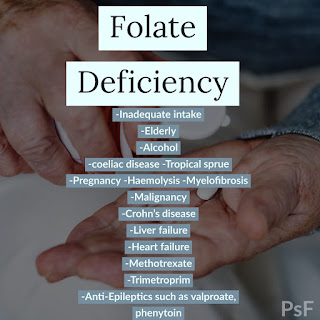Does ripe fruit have more calories?
No evidence that suggests that really ripe fruit contains more calories than less ripe fruit. But, wait!Though ripeness doesn't affect a fruit's calorie count, it does affect the amount of sugar it contains. The more ripe a fruit is, the more concentrated its sugars become. The bottom line is; snacking on super-sweet fruit raises your insulin levels -- which will cause you to be hungry again more quickly. Even worse, high insulin levels cause your body to go into fat-storage mode.
When a fruit ripens, its starch is converted into sugar, making it softer and sweeter. Often there's a loss of acidity and a change in color as well. In evolutionary terms, this makes the fruit more appealing texturally, taste-wise, and visually, which means it's more likely to be eaten by animals and have its seeds dispersed.
The ripening process is a somewhat oxidatively stressful situation for plants, so they develop antioxidants to defend themselves against that stress.Great for that cherry or mango to survive, and even better for your body when you eat it. Some plants also see an increase or decrease in vitamin and mineral levels, though this varies from fruit to fruit.



Comments
Post a Comment